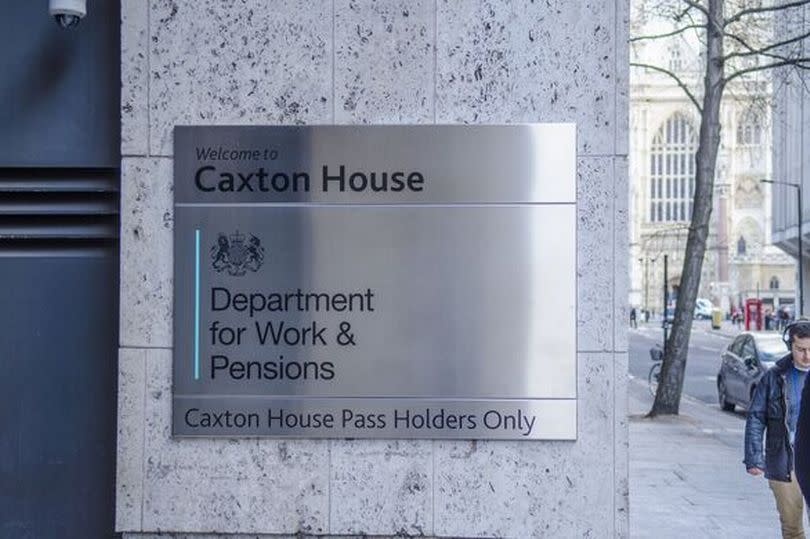DWP Universal Credit: Thousands missing out on £393 a month - check if you're eligible

The DWP's Universal Credit benefit could be a lifeline for many, with potential boosts to income of £393 monthly, yet billions remain unclaimed. According to new research, thousands may be missing out on these substantial payments.
Policy in Practice has released its "Missing Out" report this April, revealing an alarming £22.7 billion in income-related benefits and social tariffs going unclaimed annually, a significant increase from £19 billion the previous year. A considerable portion of this, around £8.3 billion, is attributed to individuals who might qualify for Universal Credit, which can provide up to £393 each month, but have not made a claim.
Factors such as unawareness of available benefits, negative stigma associated with benefit claims, and the complexity involved in the application process are cited as key reasons why people are not claiming what they're entitled to. However, with the cost of living crisis persisting and inflation rates climbing at 3.2 per cent, it's crucial for those eligible to seek out the support available to them.
Moreover, claiming certain benefits like Universal Credit can open doors to a broader spectrum of support, including various freebies and discounts, such as reduced broadband costs and Council Tax reductions. But the question remains: Are you eligible?, reports the Express.
People may be able to claim Universal Credit if they’re on a low income or need help with living costs. They could be:
Out of work
Working (including self-employed or part-time)
Unable to work, for example, because of a health condition.
To make a claim, individuals must:
Live in the UK
Be aged 18 or over (there are some exceptions if you’re 16 to 17)
Be under state pension age
Have £16,000 or less in money, savings and investments.
The terms of eligibility can differ based on whether the claimant cohabits with a partner, among other factors - all of which are detailed here.
So, how much is Universal Credit?
In April, approximately 5.5 million families saw their income increase as Universal Credit payment rates rose by 6.7 percent.
The amount of Universal Credit an individual receives is dependent on their specific circumstances, such as age, whether they live with a partner, and if they have children. Each qualifying household receives a 'standard allowance,' and additional payments may be given on top of this to help cover other related costs.
The standard allowances for this tax year are:
Single under 25: £311.68 (up from £292.11 per month)
Single 25 or over: £393.45 (up from £368.74 per month)
Joint claimants both under 25: £489.23 (up from £458.51 per month)
Joint claimants, one or both 25 or over: £617.60 (up from £578.82 per month).
Additional payments, available to claimants with children, disabilities, childcare costs, etc, could amount to hundreds of pounds extra.
How do you claim Universal Credit?
Universal Credit can be claimed online. However, it's recommended that individuals first use an online calculator first such as the Turn2us and Policy Practice benefit calculators.

 Yahoo News
Yahoo News 
